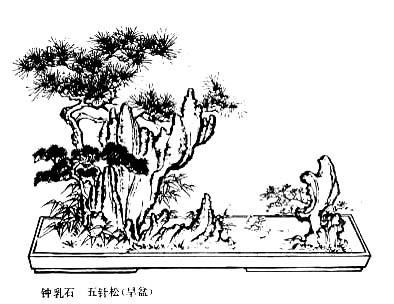Lun Yu 
 – The Analects of Confucius
– The Analects of Confucius
The Master discusses with his disciples and unveil his preoccupations with society. Tr. Legge (en), Lau (en) and Couvreur (fr).
Lunyu IV. 7. (73)
A man is not to be utterly condemned because he has faults.
The Master said, "The faults of men are characteristic of the class to which they belong. By observing a man's faults, it may be known that he is virtuous."
Legge IV.7.
The Master said, 'in his errors a man is true to type. Observe the errors and you will know the man."
Lau [4:7]
Le Maître dit : « Chaque classe d'hommes tombe dans un excès qui lui est particulier. On peut connaître le sens humain d'un homme en observant ses défauts. » L'homme honorable excède toujours en libéralité, et l'homme de peu, en parcimonie ; l'homme honorable, en bienfaisance, et l'homme de peu, en dureté de cœur. En voyant les défauts d'un homme, on peut connaître s'il a le sens de l'humanité ou non. (Tchou Hsi)
Couvreur IV.7.

The Analects of Confucius – Lun Yu IV. 7. (73) – Chinese off/on – Français/English
Alias the Lunyu, the Lun Yü, the Analects, les Entretiens du maître avec ses disciples.
The Book of Odes, The Analects, Great Learning, Doctrine of the Mean, Three-characters book, The Book of Changes, The Way and its Power, 300 Tang Poems, The Art of War, Thirty-Six Strategies
Welcome, help, notes, introduction, table.
Index – Contact – Top























